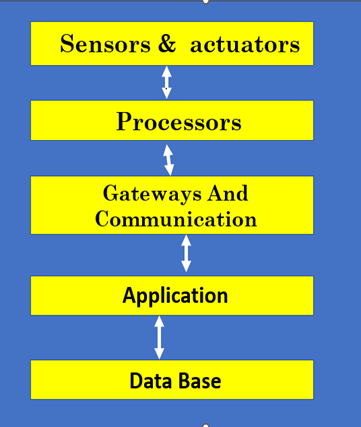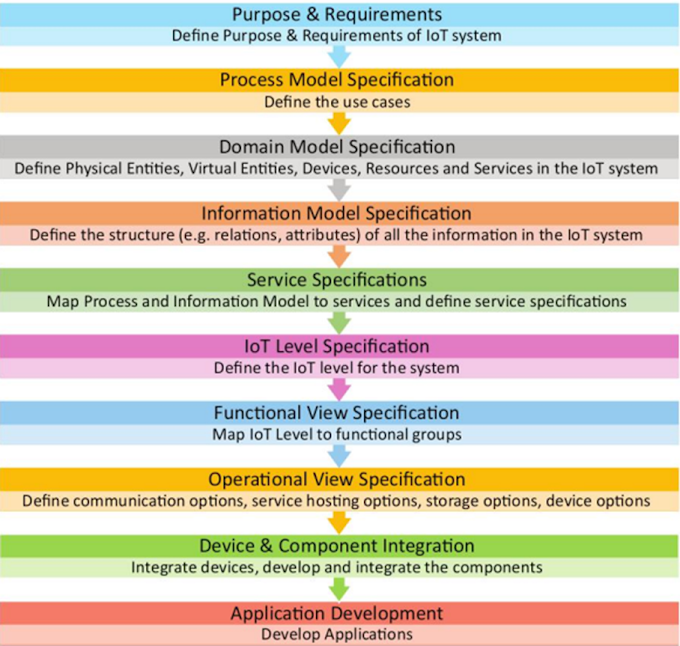HOST-LEVEL SECURITY IN THE CLOUD
· Host-level security is a fundamental aspect of a comprehensive cloud security strategy. By
implementing robust security measures at the host level, organizations can
protect their cloud infrastructure from a wide range of threats and
vulnerabilities.
Key components and
practices of host-level security in the cloud are:
1. Hardening Hosts
Hardening involves
configuring servers to minimize vulnerabilities and reduce the attack surface.
2. Patch Management
Regularly applying
security patches and updates to the host operating systems and software is
essential to protect against known vulnerabilities.
3. Access Controls
Implementing
strict access controls ensures that only authorized users can access the hosts.
4. Intrusion Detection and Prevention Systems (IDPS)
IDPS solutions
monitor host activities for signs of malicious behavior and can take action to
prevent or mitigate attacks.
5. Encryption
Encrypting data
both at rest and in transit is crucial to protect sensitive information from
unauthorized access.
6. Endpoint Protection
Deploying endpoint
protection solutions on hosts helps to safeguard them from malware, viruses,
and other threats.
7. Monitoring and Logging
Continuous
monitoring and logging of host activities are vital for detecting and
responding to security incidents.
8. Backup and Recovery
Regular backups
and a robust disaster recovery plan ensure data integrity and availability in
case of a security incident or hardware failure.



0 Comments